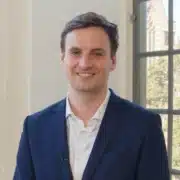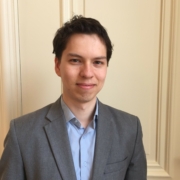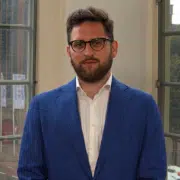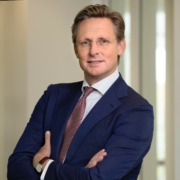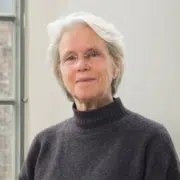Geopolitics is back.
In 2021, two resurgent authoritarian powers – China and Russia – dominate key elements of European trade and security considerations. What does this mean for the Netherlands and the European Union?
To answer this question, on Thursday June 17th, HCSS hosted a symposium on: “Engagement, Dependence, Competition and Conflict: Dutch and European relations with China and Russia in an era of ‘extreme competition’.”
Topics discussed included:
- Can the EU continue to rely on Russia for 40% of its natural gas imports?
- Are we swapping Russian fossil fuel imports for Chinese solar farms and wind parks?
- What does China’s quasi-monopoly on critical raw materials mean for the Dutch energy transition and our high-tech industry?
- Can the EU-China Comprehensive Agreement on Investment survive accusations of genocide in Xinjiang?
- How can European firms minimize the risk of knowledge transfer when working together with Chinese partners?
- Is it possible to work with Chinese firms without state involvement?
To discuss these questions, HCSS invited a range of experts from the diplomatic to the business sector.
- Renée Jones-Bos – Former Ambassador of the Netherlands to Russia and the United States
- Lucia van Geuns – Strategic Advisor Energy, HCSS
- Valérie Hoeks – Managing Partner, China Inroads
- Maurice Fermont – EU-China Trade Expert, Political Secretary, VVD-delegation European Parliament
- Jaap van Etten – CEO, Datenna
- Ruben Brekelmans – Foreign Affairs Spokesperson, VVD Parliamentary Party
- Henk Schulte Nordholt – Sinologist, author of “Is China nog te stoppen?“
- Han ten Broeke (moderator), Director of Political Affairs at HCSS
To stimulate the discussions, HCSS analysts prepared a number of pitches on each topic in our brand new Studio HCSS.
Strategic analyst Joris Teer recorded a podcast with The Economist’s Beijing Bureau Chief, David Rennie.
The podcast with David Rennie, interviewed by Strategic Analyst Joris Teer on whether European business has a future in Xi Jinping’s China:
The pitch by HCSS founder Rob de Wijk on European dependence on Russia:
The pitch by HCSS strategic analyst Irina Patrahau on the dilemma Europe faces between championing the energy transition and strategic autonomy in light of Europe’s dependence on critical raw materials sourced in China:
The pitch by HCSS data scientist Paul Verhagen on how semiconductors could be used as a geopolitical tool against China:
The pitch by HCSS strategic analyst for cyber Louk Faesen on the creation of two separate technological ecosystems:


